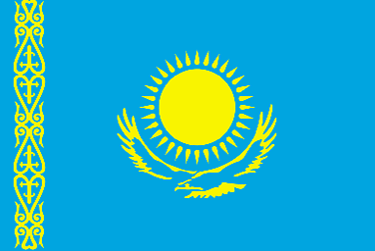Read this article in:
English
15 March, 2019Workers in Zhanaozen, Kazakhstan, have been holding rallies since 22 February, demanding increased wages for low-paid categories of workers to 150 thousand tenge (US$395), jobs for the unemployed, and full freedom to exercise trade union activities. Kazakh authorities have responded by arresting 19 people.
Independent trade unions in the Kazakhstan continue to be destroyed and their members are persecuted. An international union mission in November 2018 confirmed a serious escalation of the persecution of unions and their members.
The Confederation of Independent Trade Unions (KNPK) has been dissolved along with several affiliates. The leaders, including former chairperson of KNPRK, Larisa Kharkova, chair of the trade union of Oil Construction Company (OCC), Amin Yeleusinov, and Nurbek Kushakbayev, labour inspector, have faced criminal prosecution.
The latest in a long line of harassed union leaders is Erlan Baltabai, chair of the Fuel and Energy Workers' Union (FEWU), suspected of embezzling trade union funds. His relatives have been interrogated, police have conducted searches at home and in the office of the FEWU, and seized trade union documents.
Dmitry Seniyavskiy, local leader of FEWU, was attacked and brutally beaten in November 2018.
IndustriALL is urging the government of Kazakhstan to comply with national labour legislation, and international labour standards, including Convention 87 on Freedom of Association and Protection of the Right to Organize, and Convention 98 on the Right to Organize and Collective Bargaining of the International Labour Organization (ILO), which were ratified by Republic of Kazakhstan.
IndustriALL general secretary Valter Sanches says:
“There needs to be an immediate stop to the repression of unions and union activists. IndustriALL is calling on Kazakh authorities to release 19 activists arrested for participating in peaceful rallies, and to start a social dialogue with workers and the unemployed.”
